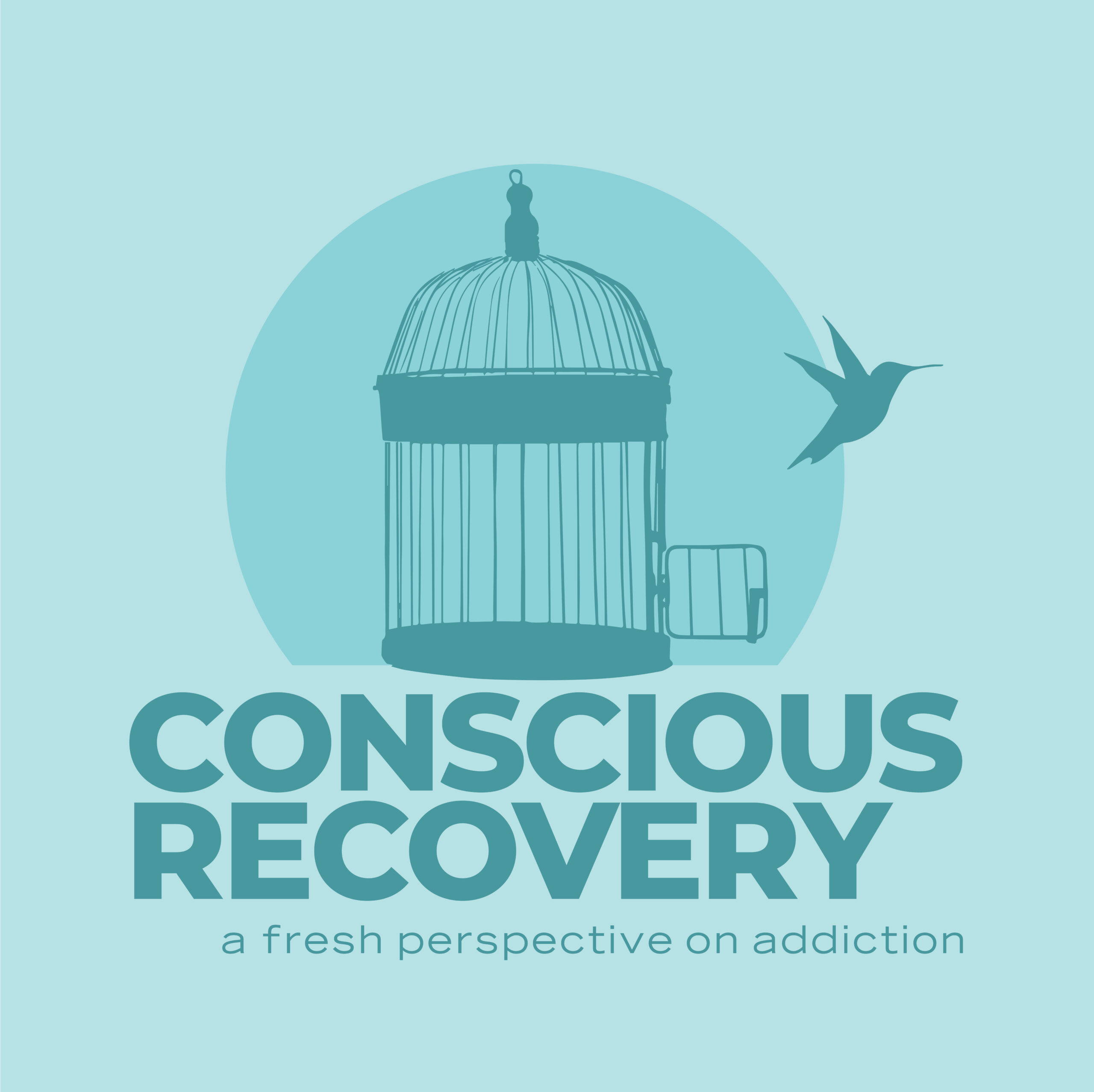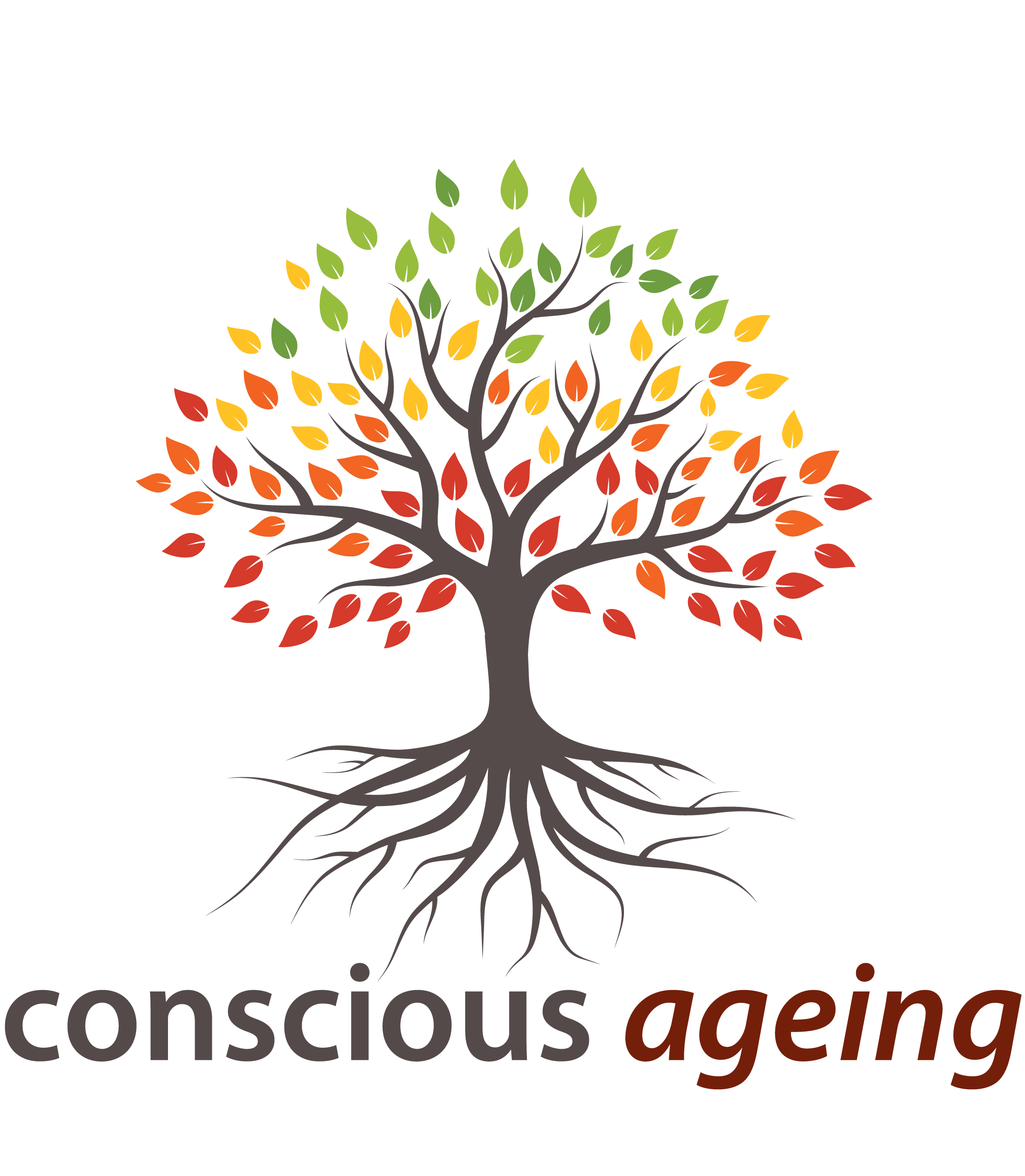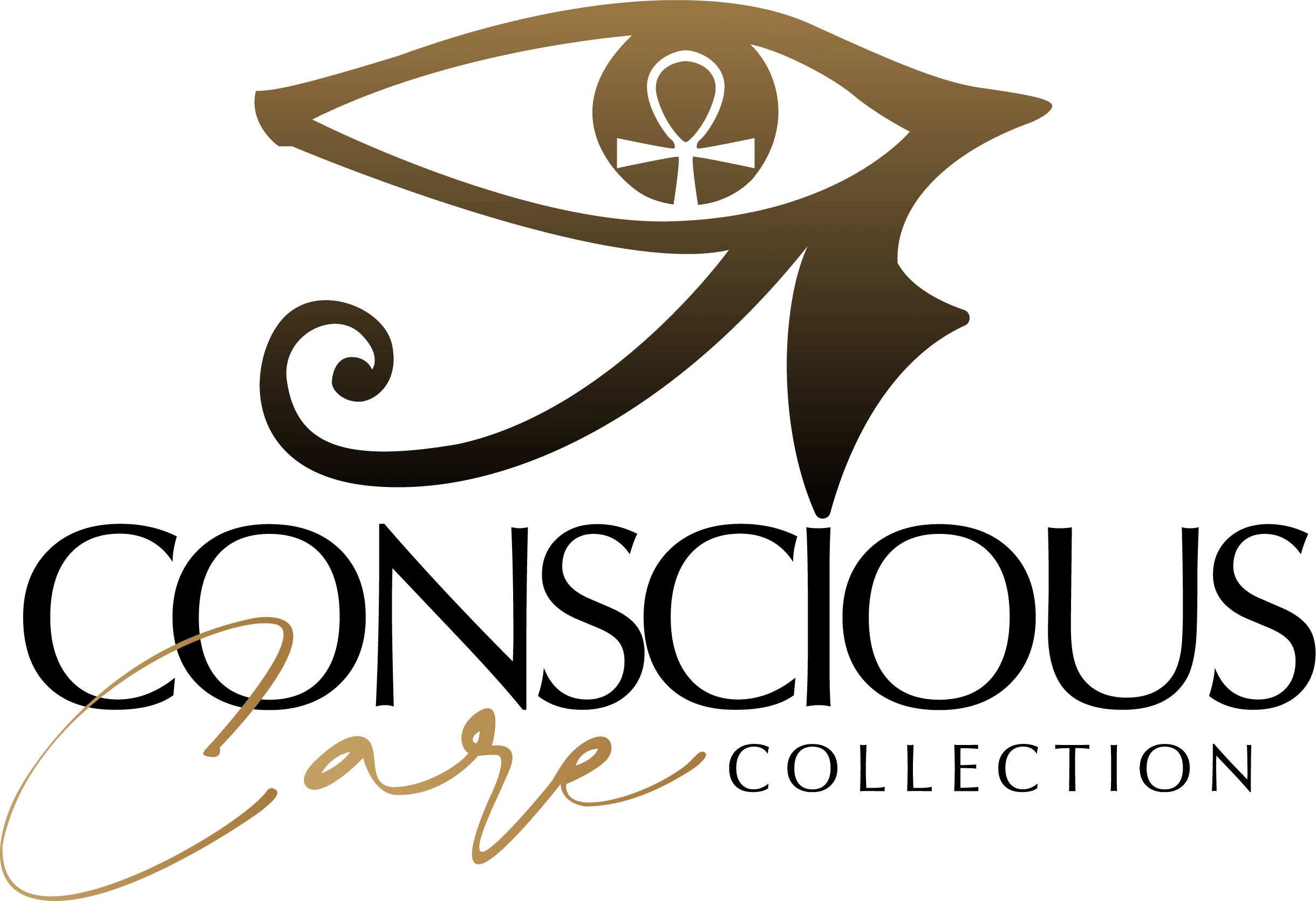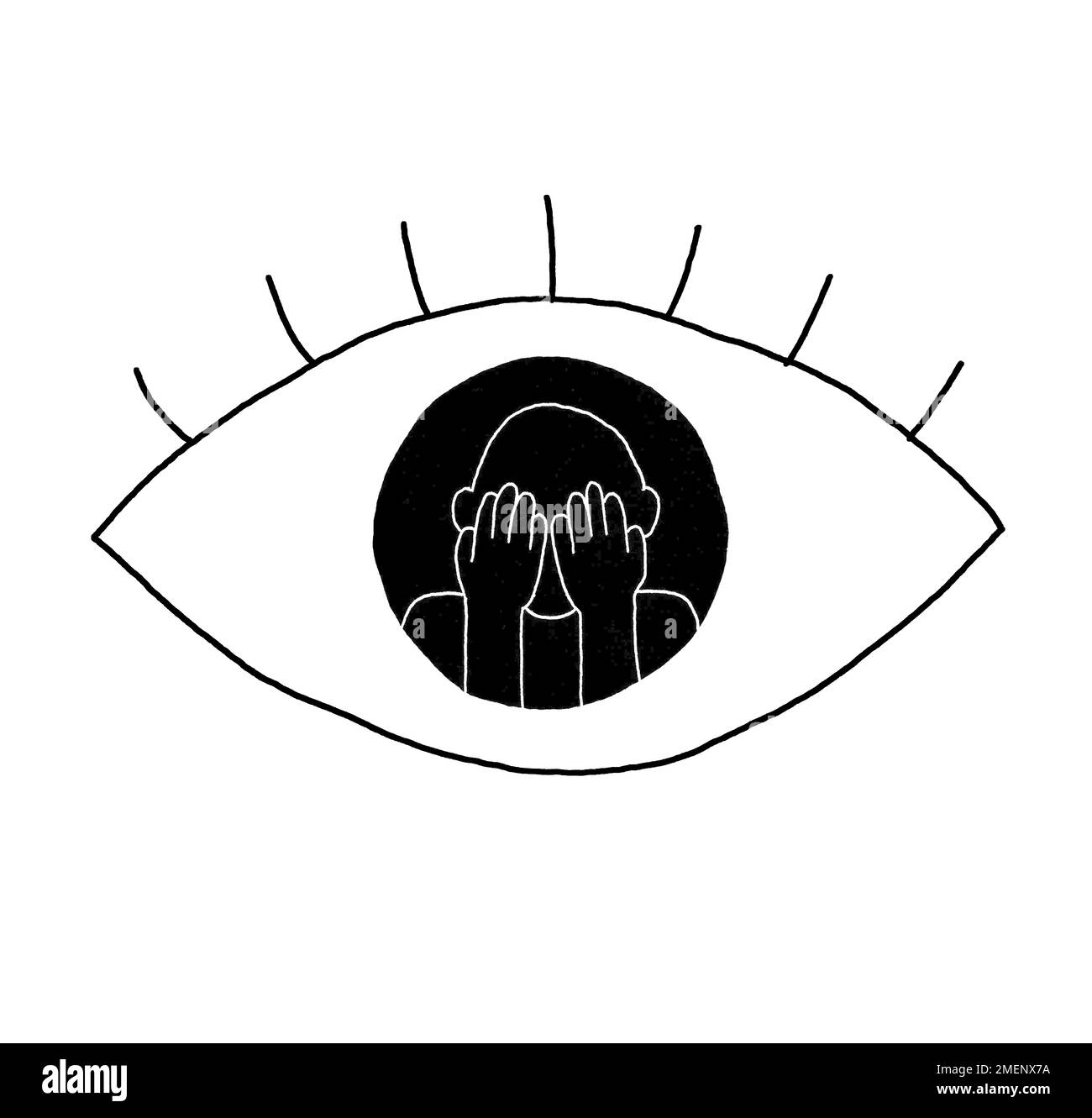Were Reanimations Still Conscious
Were Reanimations Still Conscious - But there's pretty strong clues to the host being alive and fully conscious of what's happening, just unable to control their body while being in. Although the patient had a poor outlook, the termination of cpr after 90 minutes raised ethical questions for the colleagues, as the patient was. Could we still be ‘conscious’ even after we die? Still, recent studies using functional magnetic resonance suggest that even a small portion of these patients may retain some. Over the past few decades scientists have detected signs of “ hidden consciousness ” in some unresponsive.
But there's pretty strong clues to the host being alive and fully conscious of what's happening, just unable to control their body while being in. Still, recent studies using functional magnetic resonance suggest that even a small portion of these patients may retain some. Although the patient had a poor outlook, the termination of cpr after 90 minutes raised ethical questions for the colleagues, as the patient was. Over the past few decades scientists have detected signs of “ hidden consciousness ” in some unresponsive. Could we still be ‘conscious’ even after we die?
Although the patient had a poor outlook, the termination of cpr after 90 minutes raised ethical questions for the colleagues, as the patient was. Could we still be ‘conscious’ even after we die? Over the past few decades scientists have detected signs of “ hidden consciousness ” in some unresponsive. Still, recent studies using functional magnetic resonance suggest that even a small portion of these patients may retain some. But there's pretty strong clues to the host being alive and fully conscious of what's happening, just unable to control their body while being in.
Biofiller Services Conscious Cosmetic Clinic
Over the past few decades scientists have detected signs of “ hidden consciousness ” in some unresponsive. Could we still be ‘conscious’ even after we die? Although the patient had a poor outlook, the termination of cpr after 90 minutes raised ethical questions for the colleagues, as the patient was. But there's pretty strong clues to the host being alive.
Pictomeds Careanimations
Still, recent studies using functional magnetic resonance suggest that even a small portion of these patients may retain some. Although the patient had a poor outlook, the termination of cpr after 90 minutes raised ethical questions for the colleagues, as the patient was. Over the past few decades scientists have detected signs of “ hidden consciousness ” in some unresponsive..
Conscious Recovery Series
But there's pretty strong clues to the host being alive and fully conscious of what's happening, just unable to control their body while being in. Although the patient had a poor outlook, the termination of cpr after 90 minutes raised ethical questions for the colleagues, as the patient was. Still, recent studies using functional magnetic resonance suggest that even a.
Participate in an event that is conscious of "sustainability"








.png?content-type=image%2Fpng&format=750w)